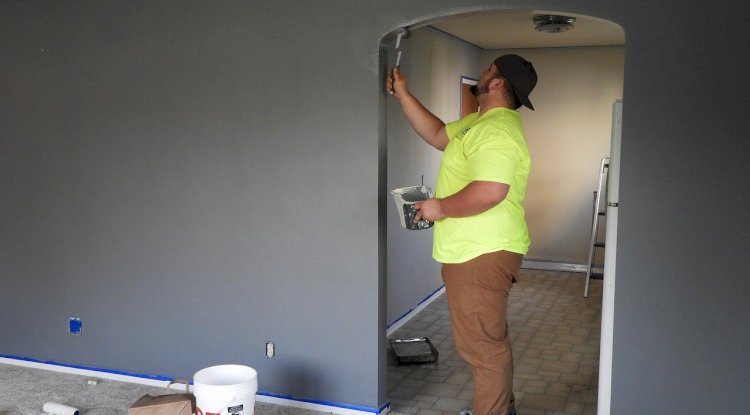Are you the owner? These are your legal rights
Are you the owner? These are your legal rights

Although we often talk about the rights of tenants and protecting them, there is another aspect of the transaction: the landlord. According to Indian tenancy law, there is also the right to protect the interests of homeowners. The Rent Control Law is an important law passed by the Indian government in Delhi, Maharashtra, Karnataka and other states in 1948. protection of rights of landlords. Several legislative reforms have recently been made to support landlords. Whether you are a first-time homebuyer or an experienced tenant, here is everything you need to know about the basic rights of a homeowner:
The right to evacuate tenant
Since the rental price law only applies to lease contracts longer than 12 months, it becomes more difficult for homeowners to terminate tenants who have lived in apartments for many years. The 2015 Model Tenancy Act, which recently appeared in the news, aims to make the lives of landlords and tenants easier by addressing early evictions, withdrawals, mutual settlements, and renegotiating rent issues. The law now allows landlords to terminate tenants who violate the lease; sublet the rented space or part without the landlord’s consent; fail to pay rent for a certain period of time; abuse the property; or engage in illegal activities in the rented premises. If a tenant needs a building as their residence, the landlord also has the right to evacuate the tenant. In order to prevent tenants from staying longer, the landlord can also include a clause in the lease to increase the rent if the tenant does not leave at the end of the lease.
The right to temporarily return property
If there is an obligation to repair, modify, or add to a building, and it cannot be done when the building is vacant, the landlord has the right to take possession of the property. Or, if the rented apartment becomes unsafe and cannot be restored without exception, the landlord has the right to occupy the property.
The right to increase rent
This rule allows landlords to have priority when collecting rent. Owners of residential or commercial real estate have the right not only to demand rents in line with the market to purchase houses, but also to increase rents on a regular basis. The Model Rental Act is essential to balance the integration of urban rental housing into the formal housing sector. The law clearly stipulates the time limit, inheritance, rent and responsibilities of landlords and tenants. The current rental growth rate of residential properties is about 10% every two years, but this is mainly regulated by law. For example, Delhi homeowners can only increase rents in accordance with Section 6 & 8A of Delhi Rent Control Act..
To be adviced the necessary repairs
It is the responsibility and right of the lessor to respond to the repair request within a reasonable time. Tenants can make minor repairs to the property. However, major renovations that require cost recovery require prior approval. Therefore, the owner has the right to be informed of necessary repairs to his property. The homeowner is legally obliged to keep the property in good condition and leased out. The "Rent Control Act" stipulates that both parties share the financial burden of reconstruction.
Also Read: Is It A Good Move To Move At A Cheaper Rent?
What's Your Reaction?




















